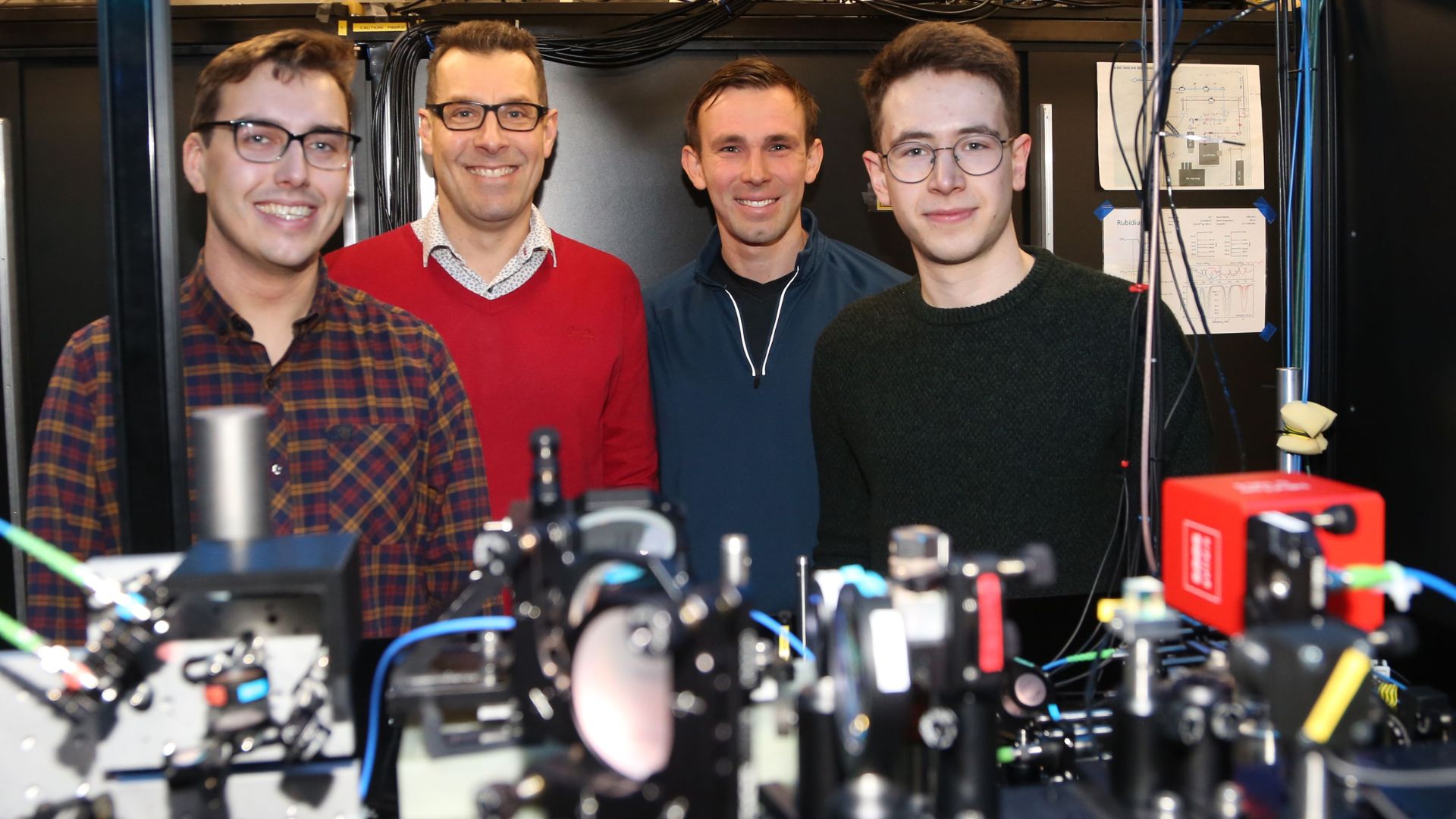Macular degeneration, also known as age-related macular degeneration (AMD), is a chronic eye disease affecting the macula, which controls central vision. It can lead to blurred vision, blind spots, and difficulties with reading.
Although age is the primary risk factor for AMD, research indicates that an unhealthy and unbalanced diet can also increase the likelihood of developing the disease. Consuming certain foods, such as red and processed meats, may exacerbate the negative impact of diet on eye health.
AMD is the leading cause of blindness for Americans aged 65 and over. While there are treatments available to slow the progression of some types of AMD, there is currently no cure. Avoiding foods known to elevate the risk of AMD may help in preventing or delaying the disease and preserving vision for a longer period.
This article discusses the role of diet in increasing the risk of AMD and vision loss. It also identifies the foods that should be avoided by those with the disease or at high risk of developing it in the future.
Types of Foods to Avoid or Moderate with Macular Degeneration
Research shows a link between consuming certain foods and an increased risk of macular degeneration. Following a typical Western diet, popular in the United States, is associated with a higher risk of developing this disease.
A typical Western diet is characterized by high fat and sodium content and low intake of fruits and vegetables. It often includes large portions with high calories and excess sugar.
Avoiding or limiting certain foods may help reduce the risk and progression of macular degeneration.
Red Meat and Processed Meat
A systematic review of studies linked high meat consumption with an increased risk of early AMD. Conversely, the consumption of fish was associated with an 18% reduction in both early and late AMD.
Another study suggested that the consumption of red meat negatively affects ocular health and may raise the risk of age-related eye diseases such as AMD or cataracts.
Red and processed meats include:
Red meat:
Process meats (e.g., hot dogs, sausages, bacon, luncheon meats)
Foods With Trans Fats
An observational study found that a higher intake of trans fats was associated with the presence of AMD, particularly intermediate AMD. Additionally, higher consumption of polyunsaturated and monounsaturated fats was linked to a lower incidence of the disease.
Trans fats are generally considered unhealthy due to their impact on heart health. They can elevate levels of low-density lipoprotein (LDL) (“bad cholesterol”) and reduce levels of high-density lipoprotein (HDL) (“good cholesterol”), increasing the overall cholesterol and the risk of heart disease and stroke.
Problematic trans fats are artificially produced and are typically found in various foods, including:
Fried, packaged, or processed foodsFried and battered foodsShortening and stick margarineCommercially baked goodsRefrigerated doughFrozen foodsJunk foods and fast foods
Refined Carbohydrates
Refined carbohydrates are processed and lack essential nutrients, with a high glycemic index that can cause rapid spikes in blood glucose levels and is linked to AMD progression.
Refined carbohydrates include refined sugars and grains:
Refined sugars (e.g., white and brown sugar, high-fructose corn syrup)Refined grains (e.g., white bread, rice, pasta, flour)
Foods for Wet vs. Dry AMD
There are two types of macular degeneration: wet AMD and dry AMD. While wet AMD is always late-stage disease, dry AMD occurs in early, intermediate, and late stages. Age, smoking, obesity, and genetics can have a more significant impact on disease progression than food.
Making dietary changes to prevent the progression to advanced-stage disease can reduce the risk of life-changing vision loss associated with either type.
Avoiding Bad Foods: Treatment or Prevention?
Avoiding bad foods is not a treatment for AMD, but evidence suggests that it may have a preventive effect. A study using data from the Atherosclerosis Risk in Communities (ARIC) Study found that following a Western dietary pattern increased the risk of developing late AMD threefold.
In addition to avoiding certain foods, incorporating more foods that protect the eyes from AMD onset or progression could be beneficial. Research indicates that following a Mediterranean diet, emphasizing healthy fats, whole grains, fruits, vegetables, beans, nuts, and seeds, and minimal consumption of red meat, is linked to a reduced risk of dry AMD progression to an advanced stage.
Drinks to Avoid or Moderate With Macular Degeneration
Alcohol
Researchers have reported a 20% increased risk of AMD for individuals with high alcohol consumption. Moderate and heavy alcohol consumption can elevate the risk of early AMD but not late AMD. Alcohol intake has been identified as a modifiable risk factor for advanced AMD, specifically geographic atrophy.
The Centers for Disease Control and Prevention (CDC) defines alcohol consumption levels as follows:
Moderate alcohol consumption:Up to two drinks per day for menUp to one drink per day for women
Heavy alcohol consumption:15 or more drinks per week for menEight or more drinks per week for women
Sugar-Sweetened Beverages
Consuming sugar-sweetened beverages can increase refined carbohydrate intake, which is linked to the progression of AMD.
Sugar-sweetened beverages include:
SodasSports drinksEnergy drinksSome juices
Summary
Research demonstrates that the types of foods and drinks consumed can increase the risk of developing macular degeneration. Some of the worst foods for eye health are also associated with inflammation and the onset of chronic conditions like obesity. Avoiding these foods may provide benefits for overall health.
These foods, including red meats, refined carbohydrates, and trans fats, are commonly found in the Western diet. Eliminating these foods could reduce the risk and progression of AMD.













